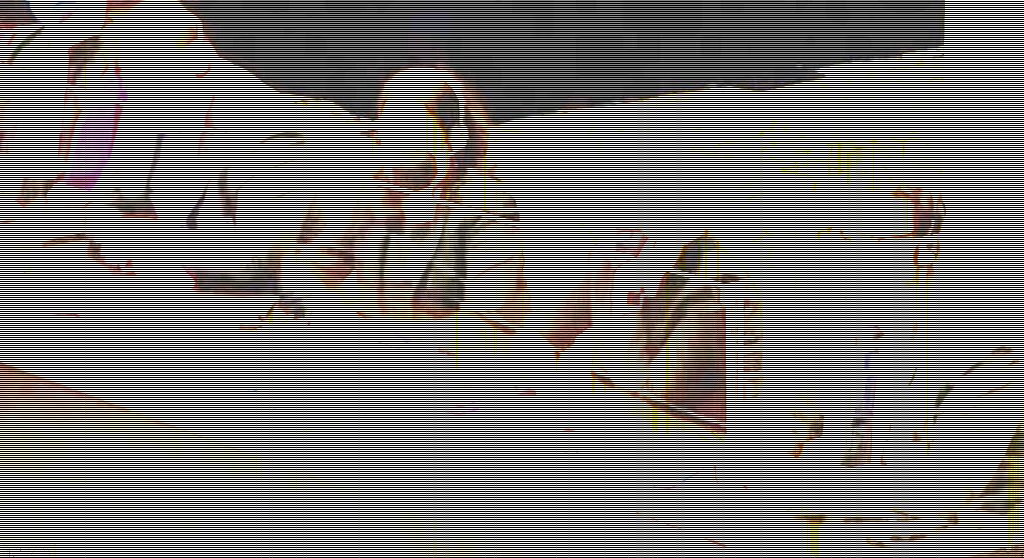The International Court of Justice (ICJ), the principal judicial organ of the United Nations, yesterday ordered Russia to immediately halt its military operations in Ukraine, and announced that the ICJ order to do so is legally binding. (See ICJ press release and World Court orders Russia to halt military operations in Ukraine, Reuters, March 16, 2022).
The ICJ order was made as a preliminary measure in a case that Ukraine lodged in the ICJ under the Genocide Convention in response to the Russian invasion.
Russia launched their military attack on Ukraine on February 24, based on allegations that Ukraine undertook acts of genocide in the Luhansk and Donetsk oblasts, and that the military operation was required to prevent and punish such alleged acts of genocide.
Ukraine, in their application to the Court, denies that they committed any such acts of genocide. As such, they argue that the Russian invasion is illegal. In addition, Ukraine argues that Russia is undertaking acts of genocide against Ukrainian populations as part of their military operation.
Both Ukraine and Russia are parties to the Genocide Convention. The jurisdiction of the Court for this case is provided in Article IX which states that:
‘Disputes between the Contracting Parties relating to the interpretation, application or fulfilment of the present Convention, including those relating to the responsibility of a State for genocide or for any of the other acts enumerated in article III, shall be submitted to the International Court of Justice at the request of any of the parties to the dispute.’
The Order by the ICJ also called on both parties – Ukraine and Russia – to refrain from aggravating the situation further, while the court continues the full proceedings to decide on the allegations of genocide.
Decision binding and influential, but difficult to enforce
As noted by the ICJ Order, the decision of the court is legally binding on the parties to the dispute. However, the Court does not have means to enforce its decisions. As such, Russian compliance will rely on other factors – both within Russia and internationally.
Ukrainian President Volodymyr Zelensky indicated in a tweet that this was a very significant development, that it constitutes a “complete victory in its case against Russia” and that “ignoring the order will isolate Russia even further.”
In a somewhat similar case in 1984 when Nicaragua won a case against the United States in the ICJ for their military actions against Nicaragua, the United States refused to accept the decision of the Court. Never-the-less, the decision was instrumental in restricting and eventually curtailing United States military action against Nicaragua, and also in paving the way for the Central American Peace Accords (the achievement of which resulted in the Costa Rican president winning the Nobel Peace Prize).


